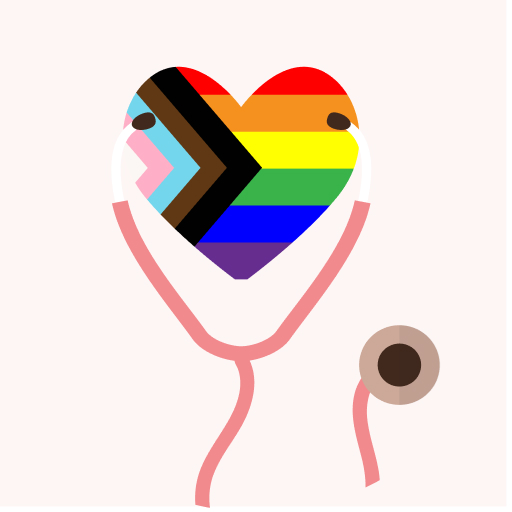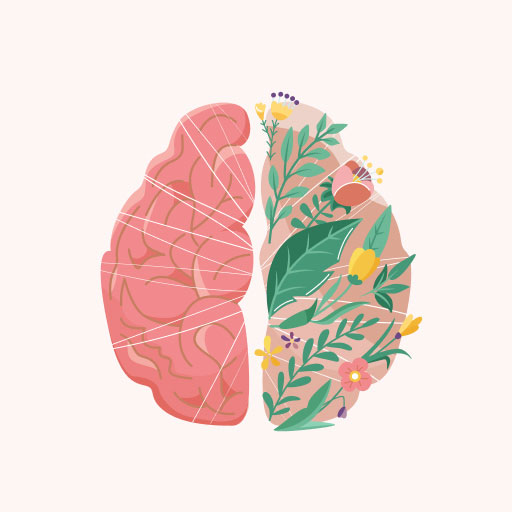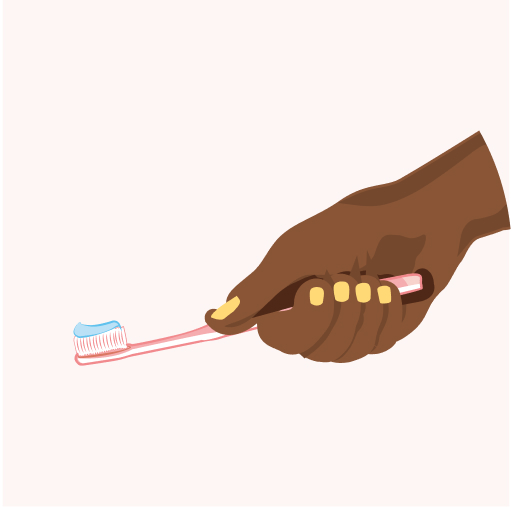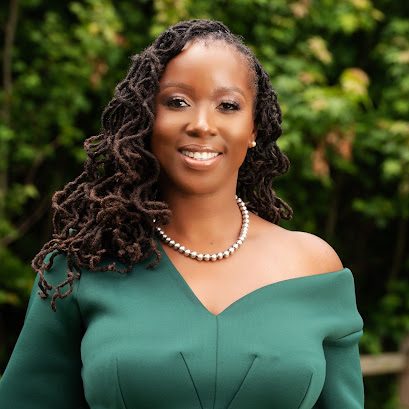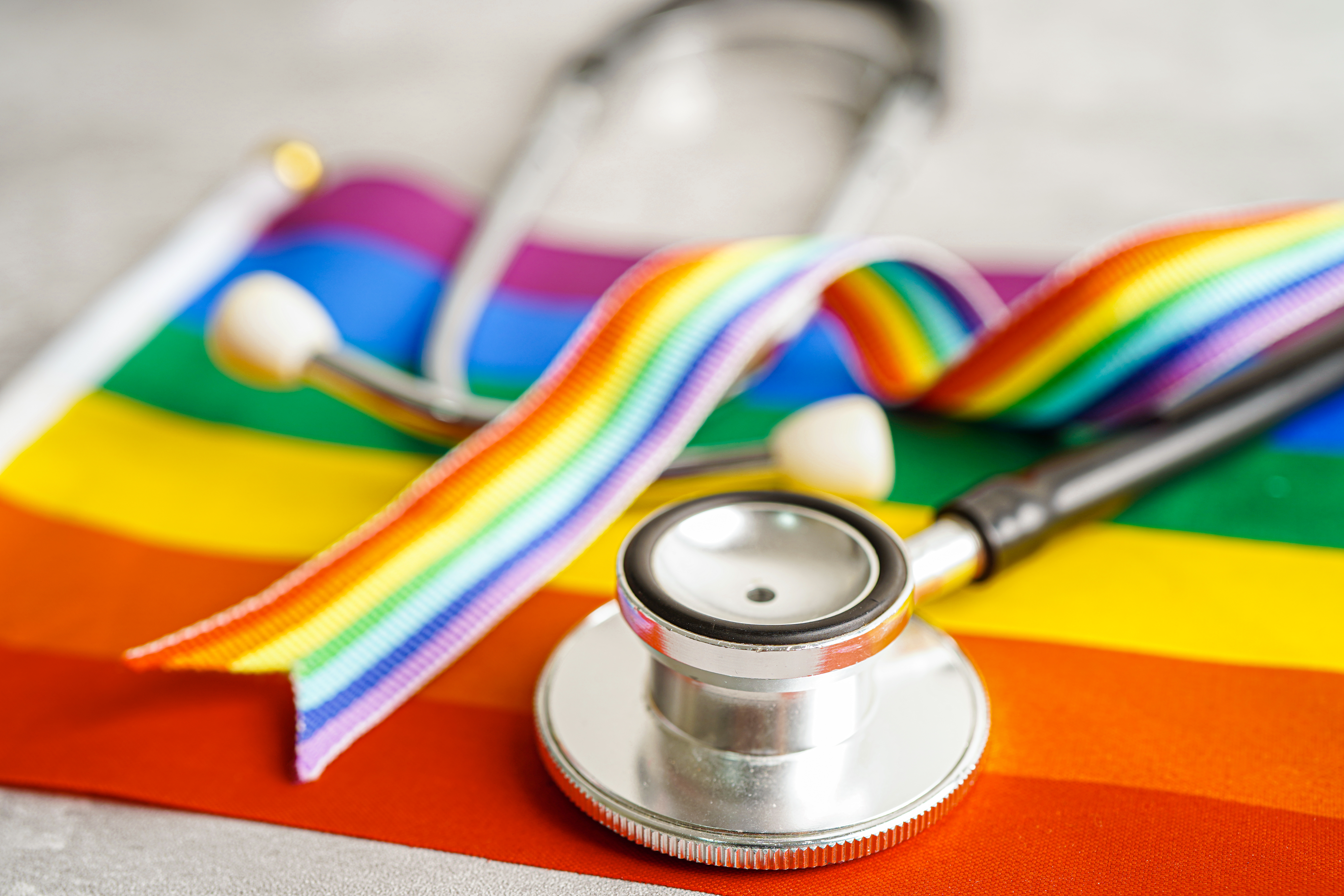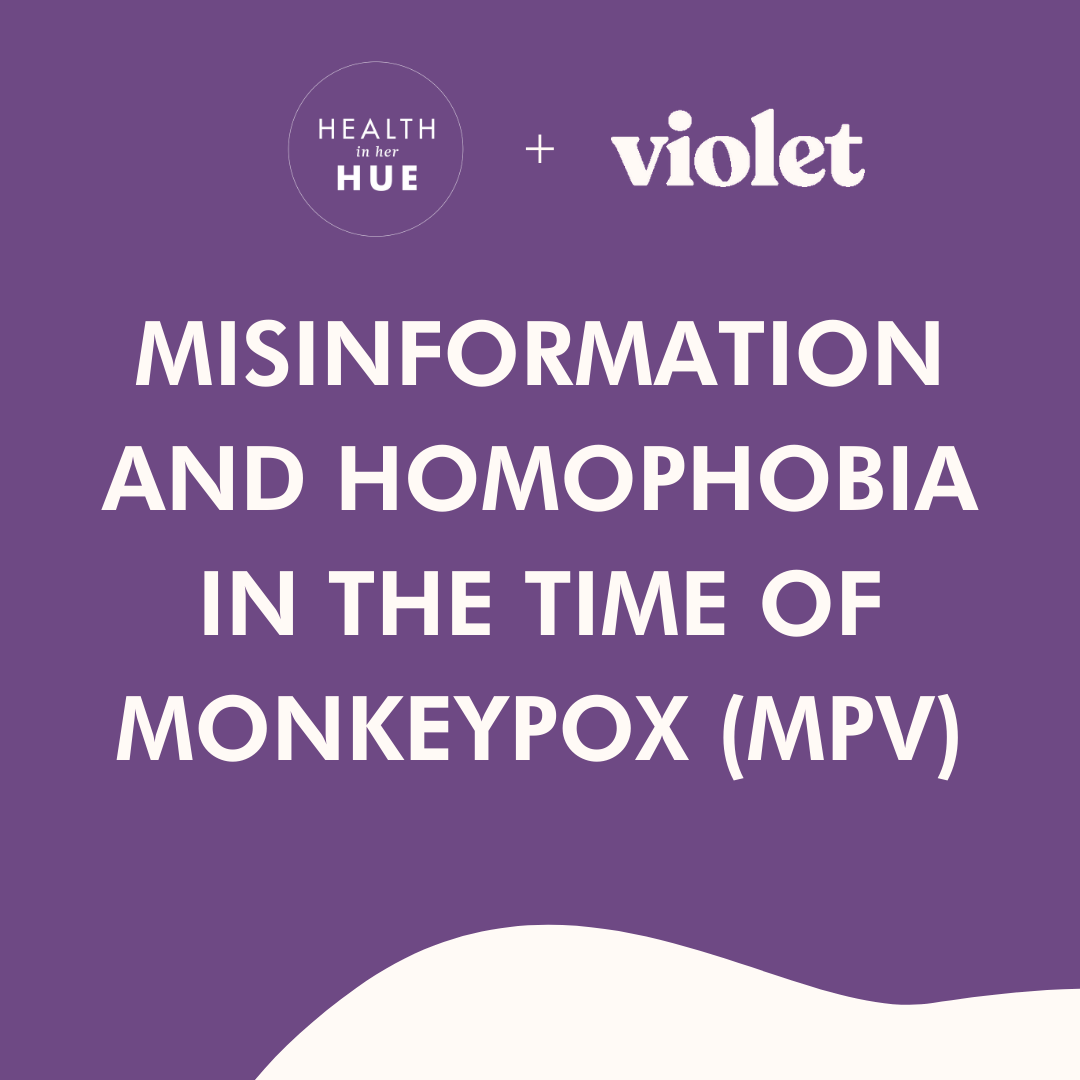
Remaining Resilient in a Time of Crisis: Black LGBTQIA+ Health Disparities
When I reflect on the lives of Black LGBTQIA+ identifying women and gender-expansive pioneers that inspire me, Audre Lorde, Byllye Avery, Marsha P. Johnson, and Monica Simpson come to mind, and I feel hope for a better future. I find myself having to cling to that hope often in a time when LGBTQIA+ rights, especially trans rights, are constantly under attack. More than 1.2 million people identify as Black and LGBT in the United States. Yet we still live in a world with compounding anti-blackness and homophobia, making it even more challenging for Black LGBTQIA+ people to navigate society.
According to the American Civil Liberties Union (ACLU), since the start of 2023, there have been approximately 491 anti-LGBTQIA+ bills introduced, with about 130 specific to healthcare*; these include bills attempting to ban gender-affirming care for trans people and restrict funding to gender-affirming care or block insurance coverage of health care for transgender people. For instance, among many bills, in Florida, the Extreme Gender Affirming Care Ban (SB 254) was introduced, which “would inflict criminal penalties (including felony penalties) on providers who give gender-affirming care; it would take licenses away from those providers; and it would prohibit Medicaid from covering gender-affirming care for transgender youth or adults.” In the same vein, the License to Discriminate in Healthcare (SB 1580) bill was introduced that would “allow healthcare providers and insurers to deny a patient care on the basis of religious, moral, or ethical belief.” The introduction of these inhumane bills came at a time when the Catholic Health System’s governing body, the US Conference of Catholic Bishops Committee on Doctrine, issued a statement against the offering of gender-affirming care in their facilities. This is extremely alarming because 4 of the 10 largest health systems in the United States are Catholic Health Systems. The level of sheer discrimination impacting how health systems operate and the introduction of anti-LGBTQIA+ legislation has created an increasingly hostile environment for LGBTQIA+ folks, especially trans and gender-expansive folks who need access life-saving healthcare. At times, it can feel like an apocalyptic experience having to constantly fight for trans and gender-expansive folks’ human right to healthcare when it feels like all forces are against it, but we must prevail.
This social and political climate makes prioritizing health and navigating the health system even more burdensome for Black LGBTQIA+ folks. As a result, Black LGBTQIA+ folks have disproportionately poor health outcomes and barriers to necessary healthcare. According to a recent report by the Trevor Project, a national organization focused on suicide prevention among LGBTQIA+ youth, 60% of young Black LGBTQIA+ respondents who wanted mental health care were not able to get it due to affordability, concerns about parental permission, lack of LGBTQIA+ competent providers, and previous negative experiences with providers. More than 44% of Black LGBTQIA+ youth respondents reported suicide ideation, major depression and generalized anxiety. In terms of Black LGBTQIA+ adults, a 2021 report by the UCLA School of Law Williams Institute on LGBTQIA+ well-being at the intersection of race found that “overall Black LGBT adults reported being somewhat worried that their sexual orientation or gender identity will affect the quality of health care they received.” Additionally, the report found that Black LGBTQIA+ adults are more likely to be diagnosed with many serious health conditions including depression, asthma, heart attack, and cancer compared to Black non-LGBTQIA+ adults. For instance, “over one-quarter (26%) of Black LGBT adults have been diagnosed with depression compared to 15% of Black non-LGBT adults.”
It will never be easy to learn that Black LGBTQIA+ folks have poorer health outcomes. With every statistic and data point, there are lives attached and my heart aches. The Black LGBTQIA+ community deserves to live in a world where we are celebrated for our intersecting identities of Blackness and Queerness, where there are healthcare teams that understand our unique experiences, and where we have strong support networks that care about and prioritize our wellbeing. In a world rife with systemic homophobia and transphobia, where LGBTQIA+ people are erased, ignored, or continuously subjected to harm, it can be difficult to remain resilient and envision a future of liberation. But we must keep hope alive. Black Queer people exist and we are unapologetic.
So how does one stay positive and resilient in a time that feels like Black LGBTQIA+ lives are under attack? Here are some tips that may help:
- Remember the progress we’ve made – Although the road ahead is challenging we have made strides in fighting for LGBTQIA+ liberation in the United States. There is a rich history of queer activism in this country and we can draw strength from the work others have done to get us to this point. 1969 marks the year of the Stonewall Uprising when LGBTQIA+ activists fought back against police & state brutality, harassment and discrimination. In 2009, the Hate Crimes Prevention Act was signed into federal law to protect LGBTQIA+ people from violence or hate on the basis of sexual orientation. Shortly after, the Don’t Ask Don’t Tell bill was passed allowing queer people to openly serve in the military. In 2015, the monumental Obergefell v. Hodges supreme court decision made same-sex marriage legal in all 50 states. Furthermore, in 2022, same sex marriage and interracial marriage were codified into law. This is only a tiny snippet of LGBTQIA+ activism and the fight for liberation and equitable policies but we have made significant progress in our lifetimes. We can keep going!
- Exercise your right to access the healthcare you need – Despite all of the anti-LGBTQIA+ legislation being proposed and passed, you still have a right to receive the care you need. On a federal level, section 1557 also known as the Health Care Rights Law, sets the precedent that “discrimination in health care based on factors like race, ethnicity, language, age, disability, and sex – including pregnancy, sexual orientation, and gender identity is prohibited.” It is also promising to know that there are a growing number of states introducing bills to protect trans health care, like the New York State Trans Safe Haven bill that will protect access to gender-affirming care. There are many providers that are passionate and equipped to provide LGBTQIA+ health care despite the many barriers being introduced in each state. Below are some resources that can help with finding a provider.
https://www.outcarehealth.org/
https://lgbtqhealthcaredirectory.org/
- Tap into organizations doing the work- It can sometimes feel isolating once we learn about the injustices in the world. We may also feel rage or a desire to make change. There are many that feel your passion and are ready to take action to protect LGBTQIA+ folks. Tapping into a local and/or national organization doing the work already by joining their listserv, attending upcoming events, or donating to the organization will help you stay informed and channel your emotions into helping the cause. Below are a few organizations fighting for Black LGBTQIA+ liberation and are always looking for passionate individuals to volunteer:
The National Black Justice Collective
Search Engine for LGBTQIA+ Resources
- Be yourself and join community- Having people around you that love and embrace all parts of your identity makes all the difference. Health in Her HUE has a community forum dedicated to LGBTQIA+ health where folks can ask for advice, pose questions and form a community with like-minded individuals here.
Above all, the most important thing we can do for the cause is to take care of our physical, mental, and emotional health and well-being. In addition to limiting access to care, these legislative and political attacks against the LGBTQIA+ community seek to curtail our freedom to live our fullest, happiest, most liberated lives. Fighting for our health is a form of resistance and we will prevail.
*This number continues to grow. For the most up-to-date number, please visit the ACLU’s anti-LGBTQIA+ legislation tracking page.
More Content
LGBTQIA+ Health
Let’s Talk About it: Black LGBTQIA+ Health Disparities
In 2021 I had finally gone to...
LGBTQIA+ Health
Misinformation and homophobia in the time of monkeypox (MPV)
We’re calling out the disproportionate impact of...


